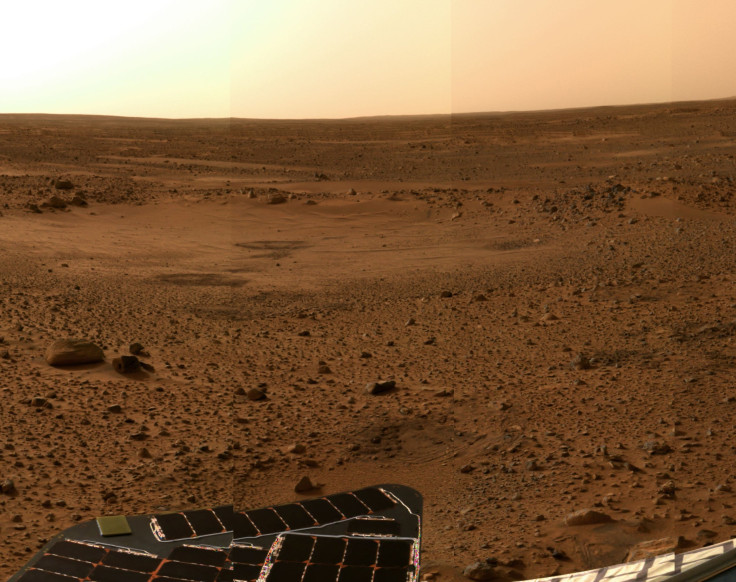Mars Mission: How To Survive Boredom For Millions Of Miles, Hundreds Of Days In Transit

From an engineer's perspective, a Mars mission appears to be possible. But a more human factor remains: are we psychologically prepared for the journey?
Over the past few decades, space exploration technology has become tremendously sophisticated, with probes and rovers collecting complex data from planetary systems previously considered out of reach. However, the scientists and engineers behind these breakthroughs are aware of the fact that when it comes to manned exploration efforts, technology can only take us so far.
Right now, several government programs and privately funded ventures are dedicated to putting astronauts on Mars. The technology needed to cover the 140 million miles of near-vacuum is almost there; however, all programs must eventually address a fundamental, seemingly insurmountable obstacle: boredom.
Mars Mission: Death by Boredom?
"Most living things constantly seek out sensory stimulation — new smells, tastes, sights, sounds or experiences. Even single-celled amoebas will move to investigate new sources of light or heat," says Sheryl Bishop, who studies how humans function in extreme environments at the University of Texas Medical Branch. In an interview with The New York Times, she explains how a sudden paucity of external stimuli may trigger stress-like reactions, locking the mind in a deleterious cycle of repetitive and possible harmful behavior.
The effects of boredom in farm and zoo animals are well-documented. Caged lions and monkeys are known to exhibit erratic, threatening behavioral patterns when confined to inadequate spaces. Farm pigs have their tails partially removed to prevent bored neighbors from chewing on it. Contrary to popular belief, this has little to do with the animals' "remembering the wild;" most of these animals are born, live, and eventually die in captivity.
Instead, their behavior reflects a fundamental need to break free from the mind-numbing boredom that rules their lives.
According to Jason King, president of the Society of Human Performance in Extreme Environments, boredom is technically a form of stress. The two should not be thought of as opposite ends of a spectrum, but rather as mirror images. Stimulation, it turns out, works best in moderation.
In this sense, the idle mind is indeed the devil's workshop: the bored brain wanders and daydreams in increasingly self-reflexive ways, which can eventually impair cognitive functions and trigger depression.
Dealing With the Psychology of Mars Missions and Other Interplanetary Expeditions
For this reason, many exploration programs are running training efforts designed to acquaint prospective Mars astronauts with the kind of high-octane boredom that attends 150 days of spaceflight. A million miles a day may seem fast, and five months a reasonable time frame for a journey to another world — however, remember that the mind works different "in transit," and that most people get rather riled up when their plane is delayed even two hours. The Hawaii Space Exploration Analog and Simulation (HI-SEAS) is one of the projects designed to prevent such reactions in a multimillion dollar space craft floating endlessly through nothingness. Here, six people are living in a windowless dome where they sleep in tiny rooms, subsist on freeze-dried food and average eight minutes of shower time per week.
Hopefully, these efforts will illuminate ways to prevent future astronauts from driving themselves insane during transit. As our capacity for space travel grows, so does the attendant timeframes; and one day, five months may seem like nothing.



























